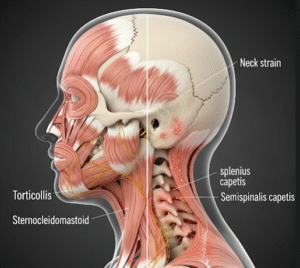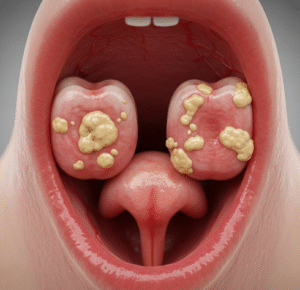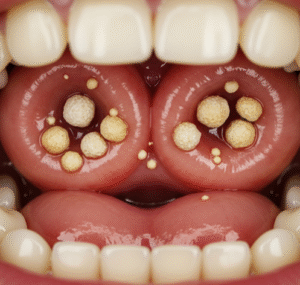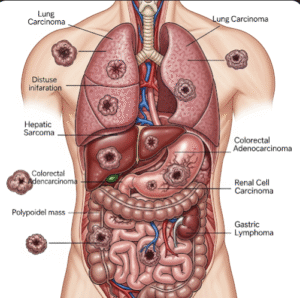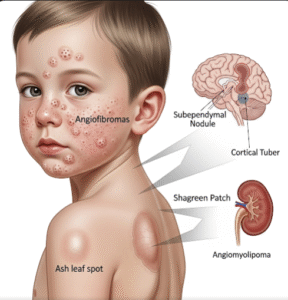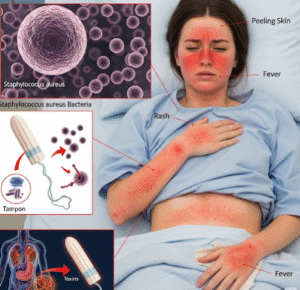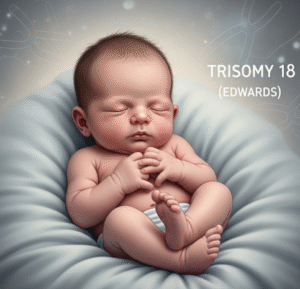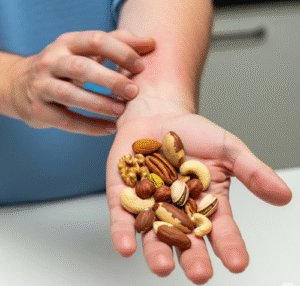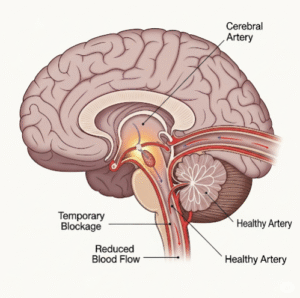Overview
Trisomy 13, also known as Patau Syndrome, is a rare genetic disorder caused by the presence of an extra copy of chromosome 13. This chromosomal anomaly disrupts normal development and results in multiple congenital abnormalities affecting the brain, heart, kidneys, and other organs. Trisomy 13 is associated with high infant mortality, with many affected infants not surviving beyond the first year of life. South Korea offers advanced prenatal screening, genetic counseling, and specialized neonatal care to detect, manage, and support families affected by Trisomy 13, improving quality of care and providing guidance on treatment options.
What is Trisomy 13 (Patau Syndrome)?
Trisomy 13 occurs when an individual has three copies of chromosome 13 instead of the usual two. This extra genetic material interferes with normal embryonic development, leading to severe physical and neurological abnormalities. There are three types of Trisomy 13:
- Full Trisomy 13: All cells have an extra chromosome 13, the most common and severe form
- Mosaic Trisomy 13: Only some cells carry the extra chromosome, resulting in milder manifestations
- Robertsonian Translocation: The extra chromosome 13 is attached to another chromosome, potentially inherited from a parent
South Korean medical facilities provide genetic testing, including karyotyping and chromosomal microarray analysis, to diagnose Trisomy 13 accurately and guide medical decisions.
Symptoms
Symptoms of Trisomy 13 are often severe and present at birth. Common clinical features include:
- Craniofacial abnormalities: Cleft lip and/or palate, microcephaly (small head), low-set ears, and small eyes (microphthalmia)
- Neurological issues: Severe intellectual disability, seizures, and structural brain abnormalities such as holoprosencephaly
- Cardiac defects: Ventricular septal defect, atrial septal defect, or other complex heart anomalies
- Renal abnormalities: Polycystic kidneys or malformations of the urinary tract
- Musculoskeletal anomalies: Polydactyly (extra fingers or toes), clenched hands, and rocker-bottom feet
- Growth retardation: Low birth weight and poor postnatal growth
- Other systemic issues: Feeding difficulties, respiratory problems, and susceptibility to infections
The severity and combination of symptoms vary depending on the type of Trisomy 13, with full Trisomy 13 typically presenting the most severe phenotype.
Causes
Trisomy 13 is caused by chromosomal nondisjunction during the formation of reproductive cells, resulting in an extra copy of chromosome 13. Specific causes include:
- Random chromosomal nondisjunction: Most cases are sporadic and occur by chance
- Mosaicism: Some cells contain an extra chromosome while others are normal, leading to variable expression
- Translocation: A parent carries a balanced translocation involving chromosome 13, increasing the risk of an affected child
- Maternal age: Advanced maternal age is a known risk factor for chromosomal abnormalities, including Trisomy 13
Understanding the genetic basis allows Korean genetic counselors to provide accurate risk assessments for families.
Risk Factors
Factors that increase the risk of Trisomy 13 include:
- Maternal age above 35 years at the time of conception
- Family history of chromosomal translocations
- Previous pregnancy affected by a chromosomal abnormality
- Genetic predisposition to nondisjunction events
Prenatal screening in Korea identifies high-risk pregnancies, enabling early detection and informed decision-making.
Complications
Trisomy 13 is associated with multiple life-threatening complications:
- Congenital heart defects: Often requiring specialized cardiac care
- Severe neurological impairment: Including developmental delays and seizures
- Respiratory difficulties: Due to structural anomalies and hypotonia
- Feeding and gastrointestinal issues: Difficulty swallowing and malnutrition
- High infant mortality: Many infants do not survive beyond the first year
- Infections: Increased susceptibility due to immune and anatomical challenges
- Physical disabilities: Limb malformations and craniofacial anomalies affecting mobility and daily functioning
Advanced neonatal care in Korean hospitals aims to manage complications and improve survival and comfort for affected infants.
Prevention
While Trisomy 13 cannot be completely prevented, certain measures can reduce risk or aid early detection:
- Prenatal screening: Non-invasive prenatal testing (NIPT), first-trimester screening, and ultrasound to detect chromosomal abnormalities
- Genetic counseling: Particularly for families with a history of translocations or previous affected pregnancies
- Maternal health optimization: Maintaining good health, managing chronic conditions, and avoiding harmful substances during pregnancy
- Informed reproductive planning: Including the consideration of assisted reproductive technologies with preimplantation genetic testing for high-risk families
Korean healthcare providers emphasize early detection and counseling to help families prepare for the medical and emotional challenges associated with Trisomy 13.
Treatment Options in Korea
There is no cure for Trisomy 13, and treatment focuses on supportive care and management of specific complications:
Diagnosis:
- Prenatal genetic testing through amniocentesis or chorionic villus sampling (CVS)
- Postnatal karyotyping and clinical evaluation to confirm diagnosis
- Imaging studies such as echocardiography, brain MRI, and renal ultrasound to assess associated anomalies
Medical Treatments:
- Symptom management: Addressing feeding difficulties, respiratory support, and seizure control
- Cardiac care: Surgical or medical management for congenital heart defects when feasible
- Multidisciplinary support: Involvement of neonatology, cardiology, neurology, and nutrition teams
Rehabilitation and Support:
- Palliative care services for infants with severe symptoms to ensure comfort and quality of life
- Parental counseling and psychosocial support for families
- Long-term monitoring and interventions for developmental and growth challenges in milder cases
- Coordination with genetic counseling teams for future family planning
South Korea provides advanced neonatal intensive care units, specialized pediatric teams, and comprehensive support systems to manage Trisomy 13, offering families guidance and maximizing infant survival and comfort.



